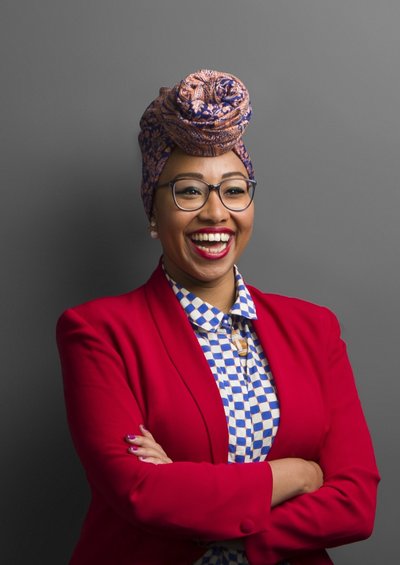‘Lest We Forget Yassmin Abdel-Magied: a two-year retrospective’, Honest History, 24 April 2019 updated
Update 7 May 2019: ABC presenter Sami Shah on being Yassmin-ed.
Update 26 April 2019: also on Independent Australia website.
***
Two years ago, a young Muslim African-Australian woman, Yassmin Abdel-Magied, got herself into trouble with the Anzackery-peddlers (and even some mainstream commentators who should have known better) by saying this: ‘Lest. We. Forget. (Manus, Nauru, Syria, Palestine …)’
Honest History collected some resources on what happened next. The present author was asked by Guardian Australia to write a comment on Ms Abdel-Magied’s remarks and said this:
[W]hat better day than 25 April to raise important issues such as the fate of refugees in hell-holes? We are told that the men of Anzac a century ago – and servicemen and women since – were fighting to defend our values. So why not bring out some values along with the medals, some things we care deeply about?
Last year, we revisited ‘Yassmin-gate’, noting
the irony that Australians are told from birth to remember what happened during the 1915 Gallipoli invasion and other overseas military events – “Lest We Forget” – but many (most?) of us turn our heads away from conflicts here, in Australia. It is quite possible that as many Australians died in frontier conflict in Australia as died in our overseas wars – no-one knows for sure – but that is not where our sentimental remembrance and our commemorative dollars have been directed for more than one hundred years.
Yassmin Abdel-Magied now lives in London and has recently brought out a children’s book. She has, however, been admitted into the coterie of people who have attended the Australian War Memorial for some coaching from Director Dr Brendan Nelson in appropriate commemorative behaviour. The Director used a Senate Estimates hearing in February this year to report on the visit.
There was a young woman who made very unfortunate remarks a couple of years ago on Anzac Day about Nauru and Manus Island. Rather than criticising her publicly, I wrote to her and invited her to come to the Australian War Memorial. I said, “Look, I’ve made some mistakes in my life – I don’t think yours is one I’ve made – but, if you come, I’ll explain to you why people were so upset”. And to her immense credit she came. I showed her the name of the Muslim Australians on the Roll of Honour, including out of M Special. She was concerned that people would criticise and attack her in coming to the War Memorial. I said, “By the time you leave, you’ll understand why that’s not going to happen”. (p. 107 of Proof Hansard)
 Yassmin Abdel-Magied (Penguin Books)
Yassmin Abdel-Magied (Penguin Books)
We assume this was an accurate description of what went down, though some of the Director’s anecdotes have been known to carry a touch of blarney. We would like, however, to go back to that concept of using Lest We Forget, particularly Lest We Forget in Anzac Week, to draw attention to other issues.
These issues could reasonably be seen as issues which the men of Anzac might have thought worthy of highlighting, were those men around today, given that, according to legend, they were fighting to defend certain values, or to make the world safe from certain evils. These values still enrich us and these evils still beset us; for good and ill, they are universal and persistent.
In that spirit, how about Lest We Forget domestic violence, Indigenous youth incarceration, and abuse of children in institutions, of the disabled and the elderly? Or, going offshore, how about Lest We Forget climate change, the victims of the war in Yemen, or the plight of children in Syrian camps? Or, sticking with the war genre, why not, as I said last year, Lest We Forget the Frontier Wars?
Yemen is particularly relevant in a piece where we mentioned the War Memorial, given that some of the Memorial’s favourite corporate donors, BAE Systems, Lockheed Martin, Northrop Grumman and Raytheon, supply war aircraft and materials that bomb Yemen. Children in war zones, too, might benefit from some foreign aid money being syphoned away from other destinations like, again and for example, the proposed extensions of the War Memorial.
Yassmin Abdel-Magied had a point in 2017. The point is still valid today. We should push it further. Lest, as they say, we forget.
* David Stephens is editor of the Honest History website, co-editor of The Honest History Book, and a member of Heritage Guardians, a community committee leading the campaign against the proposed $498m extensions to the Australian War Memorial.